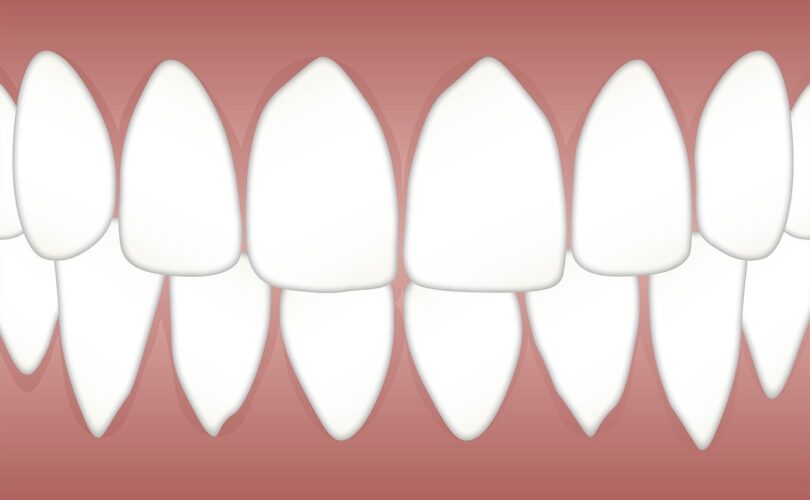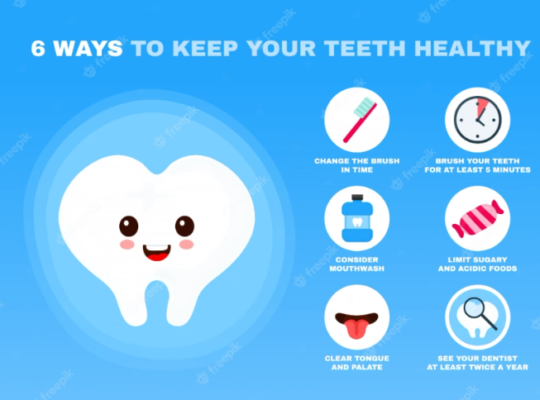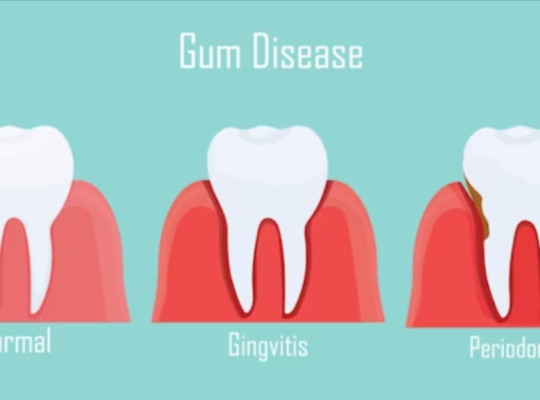Gum disease, also known as periodontal disease, is often underestimated in its impact on overall health. While most people associate gum disease with oral discomfort and tooth loss, research has revealed a surprising range of health problems that can be linked to this common condition. From heart disease and Alzheimer’s to cancer and erectile dysfunction, the health effects of gum disease extend far beyond the mouth. In this comprehensive guide, we will explore the various connections between gum disease and these seemingly unrelated health issues, shedding light on the importance of maintaining gum health for overall well-being.
Understanding Gum Disease
Before delving into the health implications of gum disease, it is important to have a clear understanding of the condition itself. Gum disease is a progressive disorder that affects the gums and supporting structures of the teeth. It develops in stages, beginning with gingivitis, which is characterized by gum soreness, bleeding, and mild inflammation. If left untreated, gingivitis can progress to periodontitis, a more severe form of gum disease where the damage to the gums and bone becomes permanent. The symptoms of periodontitis include receding gums, changes in bite, bad breath, loose teeth, and painful chewing.
The Link Between Gum Health and Overall Well-being
While gum disease may initially seem like a localized oral issue, numerous studies have highlighted its impact on overall health. The common denominator in both gingivitis and periodontitis is inflammation in the gums. If left unchecked, this inflammation can lead to the destruction of the jaw bone and tooth loss. Moreover, the presence of inflammation in the body triggers a response from the immune system, increasing the risk of various health conditions. Let’s explore some of the key connections between gum health and overall well-being:
1. Heart Disease
Inflammation related to gum disease has been linked to an increased risk of heart disease and high blood pressure. When inflammation occurs, the cardiovascular system responds by increasing cholesterol and fats in the bloodstream, leading to the formation of plaques on artery walls. This can result in atherosclerosis, a condition where blood vessels become narrower and less flexible, potentially blocking blood flow to the heart.
2. Alzheimer’s Disease
Research has shown a potential link between gum disease and Alzheimer’s disease. Studies have found that individuals with periodontal disease have an increased buildup of beta-amyloid, a protein associated with Alzheimer’s, in their brains. Additionally, specific bacteria commonly found in cases of gum disease, such as Porphyromonas gingivalis, have been detected in the brains of Alzheimer’s patients. This suggests a possible role of gum disease in the development or progression of Alzheimer’s.
3. Cancer
Gum disease has been associated with an increased risk of various cancers. A study involving over 68,000 adults found a strong link between gum disease and overall cancer risk, including pancreatic cancer. Researchers have identified specific enzymes produced by bacteria associated with gum disease that promote the invasion of healthy tissue by cancer cells. This suggests a potential mechanism through which gum disease may contribute to the development and progression of certain cancers.
4. Respiratory Disease
Another surprising connection is the link between gum disease and respiratory diseases. Research has shown that the bacteria present in gum disease can be inhaled and potentially contribute to respiratory conditions such as pneumonia. Maintaining gum health may, therefore, play a role in preventing respiratory infections and improving overall respiratory health.
5. Erectile Dysfunction
Gum disease has also been associated with an increased risk of erectile dysfunction in men. Chronic periodontitis, a severe form of gum disease, has been linked to erectile dysfunction. It is believed that the inflammation and bacterial presence associated with gum disease may contribute to vascular and endothelial dysfunction, which can impair blood flow to the penis and lead to erectile problems.
6. Other Health Conditions
In addition to the aforementioned connections, gum disease has also been associated with conditions such as stroke, diabetes, osteoporosis, and some gastrointestinal disorders. The presence of inflammation and the potential spread of bacteria from the gums to other parts of the body can have far-reaching effects on overall health.
Preventing Gum Disease for a Healthier Future
Given the significant impact gum disease can have on overall health, prevention is crucial. Incorporating good oral hygiene practices into your daily routine can go a long way in maintaining gum health. Here are some preventive measures to consider:
- Brush your teeth at least twice daily: Use a toothpaste containing fluoride and brush thoroughly to remove plaque from the gum line and teeth.
- Floss daily: Clean between your teeth and along the gum line to remove plaque and food particles that your toothbrush may not reach.
- Use mouthwash: Rinse with an antibacterial mouthwash to further reduce bacteria in the mouth. Consult your dentist for recommendations.
- Limit sugary foods and drinks: Consuming foods low in carbohydrates and sugars can help prevent plaque buildup and reduce the risk of gum disease.
- Quit smoking: Smoking is a significant risk factor for gum disease. Quitting smoking not only improves gum health but also has numerous other health benefits.
- Schedule regular dental check-ups: Regular visits to your dentist are essential for early detection and treatment of gum disease. Dental cleanings every six months can help remove stubborn plaque and tartar.
By adopting these preventive measures and maintaining good oral hygiene practices, you can significantly reduce the risk of gum disease and its associated health complications.
Seeking Professional Help
If you suspect you may have gum disease or are experiencing symptoms such as swollen or bleeding gums, it is important to seek professional dental care. Dentists have the expertise to diagnose and treat gum disease effectively. Depending on the severity of the condition, treatment options may include deep cleanings, scaling and root planing, and in more advanced cases, surgical interventions. Your dentist will create a personalized treatment plan based on your specific needs to restore and maintain gum health.
Conclusion
Gum disease may seem like a minor oral issue, but its impact on overall health should not be underestimated. Research has revealed significant connections between gum disease and various health problems, including heart disease, Alzheimer’s, cancer, respiratory disease, erectile dysfunction, and more. By maintaining good gum health through proper oral hygiene practices and regular dental check-ups, you can reduce the risk of gum disease and promote overall well-being. Remember, a healthy smile goes beyond aesthetics—it is a reflection of your overall health. Take care of your gums for a healthier future.
References
- Huffington Post: Oral Hygiene and Heart Disease: What’s the Connection?
- Medical News Today: What to know about Alzheimer’s disease
- Medical News Today: What is Cancer?
- Medical News Today: What is periodontitis?
- Medical News Today: What’s to know about erectile dysfunction?
- Prodentim official website: Brand new probiotics specially designed for the health of your teeth and gums






